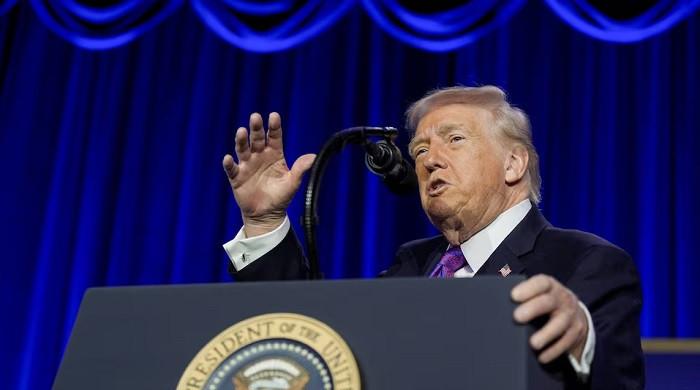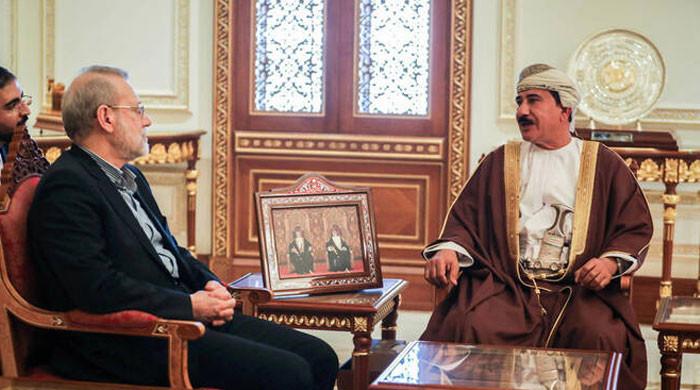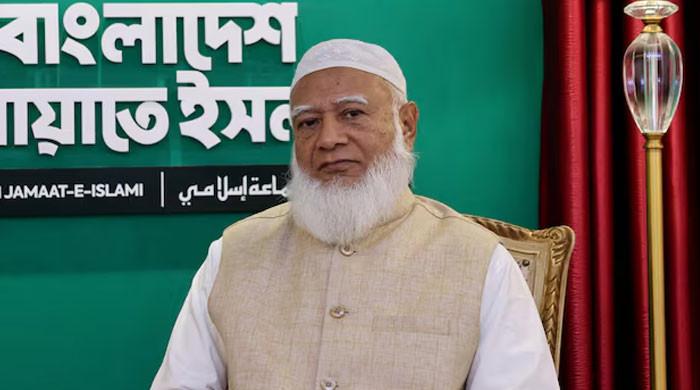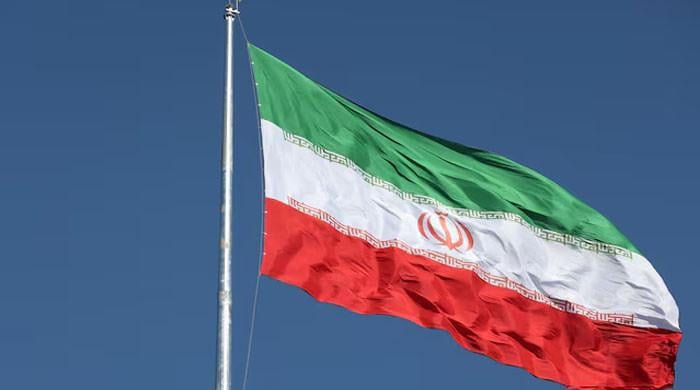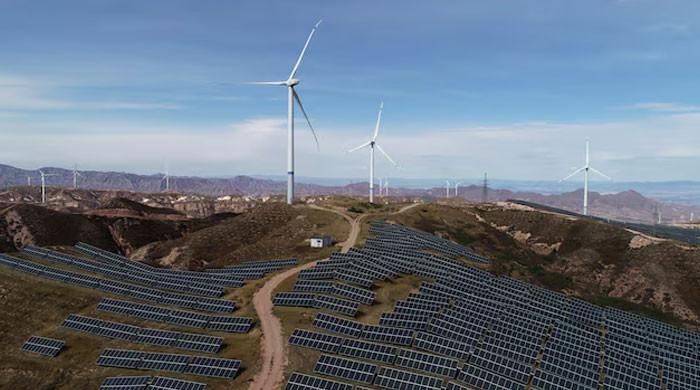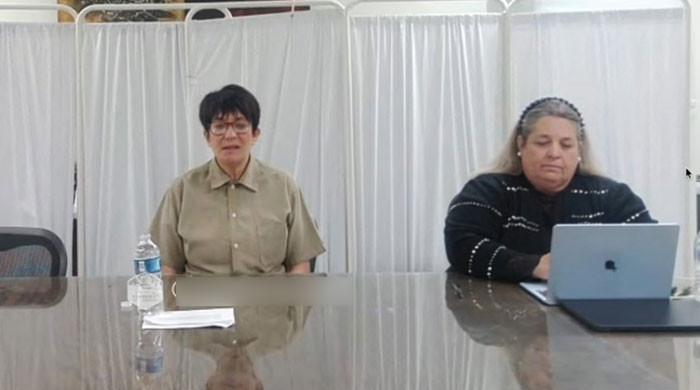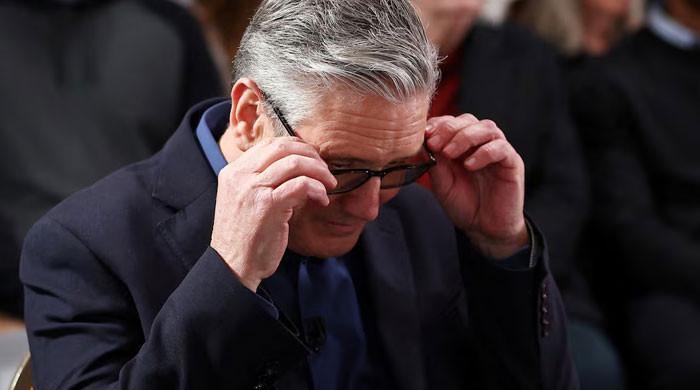Ladakh stand-off: India, China foreign ministers agree to 'cool down' border tensions but blame each other
India should 'not underestimate China's determination to safeguard its sovereignty and territory', FM Wang Yi tells his Indian counterpart
June 17, 2020
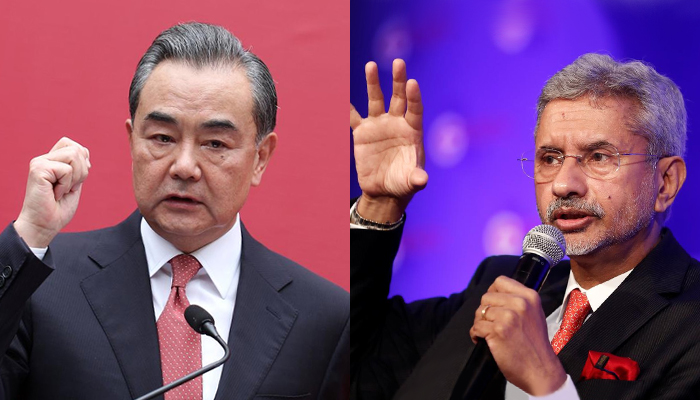
NEW DELHI/BEIJING: The foreign ministers of China and India agreed to "cool down" the recent border tensions in the Ladakh region as soon as possible during a telephone talk held Wednesday but blamed each other.
According to China's foreign ministry, both countries have agreed to "deal fairly" with the events in Galwan Valley and maintain peace in the border areas after soldiers of the two sides savagely fought each other with nail-studded clubs and stones on their Himalayan border, killing at least 20 Indian troops.
Chinese foreign ministry spokesperson Zhao Lijian said the clash erupted after Indian soldiers "crossed the line, acted illegally, [and] provoked and attacked the Chinese, resulting in both sides engaging in serious physical conflict and injury and death".
He said he did not know of any Chinese casualties, although Indian media quoted officials as saying at least 45 people were dead or injured on the Chinese side.
Zhao said the overall situation at the border was stable and controllable.
Under an old agreement between the two nuclear-armed Asian giants, no shots are fired at the border but there have been fisticuffs in recent years between border patrols.
According to the Global Times, a top Chinese newspaper that comments on international issues from a national perspective, Foreign Minister Wang Yi told his Indian counterpart that New Delhi "must make sure similar incidents as that on Monday do not happen again".
"India must also not miscalculate the current situation, and not underestimate China's determination to safeguard its sovereignty and territory," the paper quoted Wang as saying.
It added that Beijing has urged New Delhi "to investigate the clash incident in the border region on Mon., punish those responsible, and restrain its military forces in the region to prevent any provocative actions".
Indian Prime Minister Narendra Modi, on the other hand, claimed the country "never provoke(s) anyone", referring to Monday’s hand-to-hand fighting while speaking on the national television.
"There should be no doubt that India wants peace, but if provoked, India will provide an appropriate response," Modi added.
Indian officials alleged that their soldiers were hit with clubs studded with nails and stones during a brawl that erupted in the remote valley, high in the mountains where India’s Ladakh region borders the Aksai Chin region.
The rival armies have been eyeball-to-eyeball at their border for decades but it was the worst clash since 1967 — five years after China brutally humiliated India in the 1962 Sino-Indian War.
Modi, a strident nationalist, was elected to a second five-year term in May 2019 following a campaign focused on national security after spiralling tensions with old enemy Pakistan, on India’s western border.
India’s gung-ho media and the opposition piled pressure on him to respond aggressively. "Gloves are off, with the Galwan valley clash, China pushed too hard," the Times of India wrote in an editorial. "India must push back."
"Beijing can’t kill our soldiers at the border and expect to benefit from our huge market," it continued, advocating sanctions against Chinese imports.
Rahul Gandhi, the leader of the opposition Congress party tweeted: "Enough is enough, We need to know what happened.
"How dare China kill our soldiers, how dare they take our land."
Hundreds of Indian and Chinese troops have been facing each other since early May at three or four locations on the disputed border in the uninhabited, barren mountains of Ladakh.
India says Chinese troops have intruded into its side of the Line of Actual Control (LAC) or the de facto border.
China rejects the allegation and has asked India not to build roads in the area, claiming it to be its territory.
Colonel killed
According to the Indian government sources, the fighting on Monday night broke out during a meeting to discuss ways to deescalate tensions and the colonel commanding the Indian side was one of the first to be struck and killed.
Many of the other Indian soldiers who died had succumbed to their wounds, having been unable to survive the night in freezing temperatures.
Unlike in India, the incident did not receive wall-to-wall coverage in China, where official media reported a statement on the incident from the spokesperson for the Chinese army’s Western Command.
On social media, bloggers and media-aggregating platforms shared Indian media reports, such as the Indian army’s announcement acknowledging that the death toll had risen to 20.
Global Times Editor-in-Chief Hu Xijin pointed out "serious flaws of Indian army to provide emergency treatment to the wounded".
Hu scolded India on domestic and global social media platforms, saying its army did not have "real modern combat capabilities", that the "Indian public opinion needs to stay sober", and that China did not fear a clash.






